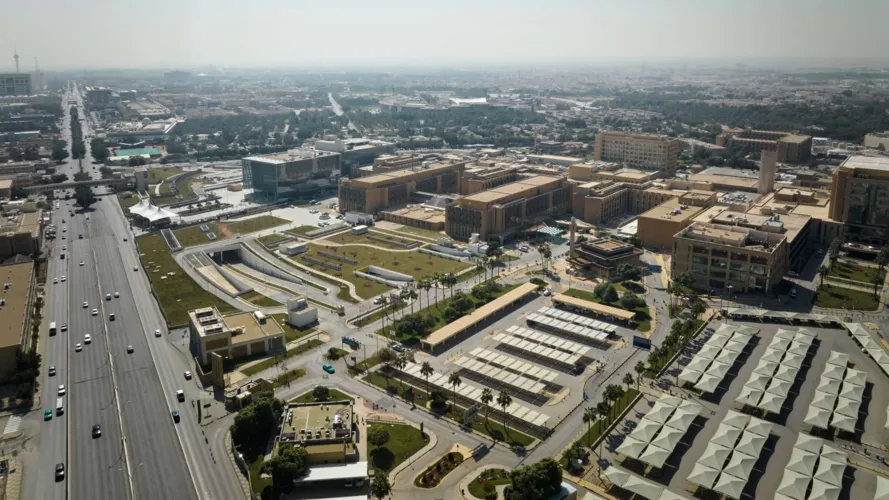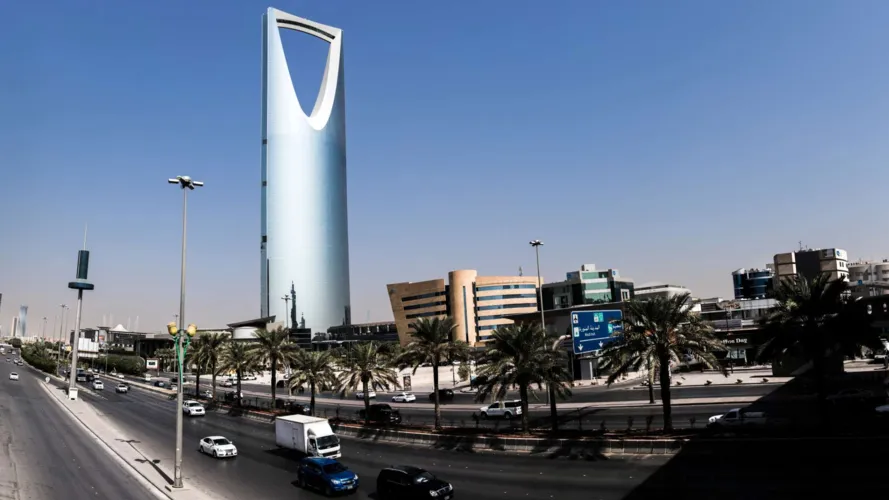Early 2025 Sees a 154% Jump in M&A Activity
The Middle East M&A trends is off to a robust start in 2025, defying global economic uncertainties. Deal volume has surged to USD 27.9bn year-to-date, reflecting a 154% increase from the USD 11bn recorded during the same period last year. This significant uptick is largely attributed to the USD 16.5bn Borouge/Borealis megadeal, a landmark transaction that marks the largest M&A deal in UAE history and the third-largest in the region.
The Borouge/Borealis deal, involving Abu Dhabi National Oil Company (Adnoc) and Austria’s OMV, underscores a broader trend of consolidation and strategic investment. The UAE and Saudi Arabia remain dominant players in M&A, with sovereign wealth funds (SWFs) taking the lead in large-scale acquisitions aimed at economic diversification.
Sovereign Wealth Funds Strengthen Regional Investment Strategies
The role of sovereign wealth funds (SWFs) in Middle East M&A trends cannot be overstated. As nations move beyond traditional oil-dependent revenue models, these funds have become pivotal in shaping the region’s investment landscape. Governments in Saudi Arabia, the UAE, and Qatar are driving non-oil sector growth by channeling resources into renewable energy, infrastructure, fintech, and technology.
There is a profound shift toward climate-friendly solutions, digitalization, and innovation, with SWFs playing a vital role in executing diversification strategies. Notably, their acquisitions are aligned with long-term national goals, including Saudi Vision 2030 and the UAE’s industrial investment agenda.
Beyond sovereign investments, private equity firms and foreign investors are increasingly attracted to new regulatory frameworks that ease restrictions on foreign ownership. The GCC’s policy reforms—coupled with tax incentives and free trade agreements—continue to fuel investor confidence, ensuring steady deal activity across various sectors.
Also Read: Saudi Arabia’s Record 202 M&A Approvals Signal Growth
Technology M&A Accounts for 30% of Middle East Deal Volumes
Digital transformation remains at the heart of the Middle East’s economic evolution, with tech transactions making up 30% of total M&A volumes in 2024, more than double what was seen a decade ago. The region’s commitment to innovation is reflected in Abu Dhabi-based telecom giant e&’s USD 2.2bn sale of its wholesale data center operation to AI specialist G42.
Artificial intelligence, machine learning, and smart city developments are emerging as key areas for investment. The UAE, in particular, has positioned itself as a regional tech hub, fostering startups through initiatives that encourage cross-border funding and acquisitions. The acceleration of tech-driven deals is not only reshaping industry dynamics but also attracting institutional investors eager to tap into the region’s growing AI and digital infrastructure market.
Free Trade Agreements Reinforce Investor Confidence
Middle East M&A trends are further bolstered by new Free Trade Agreements (FTAs), reinforcing confidence among global investors. In late 2024, the GCC finalized FTAs with New Zealand and Singapore, strengthening trade relations and expanding investment opportunities. FTA negotiations with the UK are progressing steadily, signaling greater access to international capital and enhanced cross-border transactions.
These agreements serve as catalysts for broader market liberalization, particularly in financial services, fintech, healthcare, and logistics. As a result, the dealmaking environment remains buoyant, attracting multinational corporations eager to establish strategic partnerships in the region.
Strong Deal Pipeline: Food, Pharmaceuticals, and Energy Sectors Take Center Stage
Looking ahead, the Middle East’s M&A pipeline remains dynamic, with major transactions expected across food, pharmaceuticals, and energy.
- Al Barakah Foods, based in Dubai, is actively pursuing three to four acquisitions across the Middle East and the US, signaling continued interest in the food sector.
- Agthia, backed by sovereign wealth fund ADQ, is set to deploy AED 1bn (EUR 240m) for acquisitions, reinforcing its position in the region’s consumer goods and bottled water markets.
- Arcera Pharmaceuticals has outlined plans for growth through acquisitions, in-licensing, and joint ventures, reflecting the increasing demand for specialized healthcare solutions in the region.
Beyond these sectors, sports, financial services, and energy remain key areas to watch, particularly as Gulf economies undergo major transformations, drawing significant foreign investment.
Conclusion: Positive Momentum to Continue in 2025
Despite macroeconomic uncertainties, Middle East M&A trends are set to maintain momentum through the remainder of the year. Industry leaders anticipate a diverse mix of transactions spanning fintech, tech, and infrastructure, supported by sovereign wealth investments, free trade agreements, and corporate expansion strategies.
As investor sentiment remains optimistic and deals continue to gain traction, the Middle East’s M&A landscape is poised for sustained growth, underscoring the region’s resilience in navigating global market challenges.
Also Read: Unveiling Trends in Saudi Arabia’s February M&A Market







